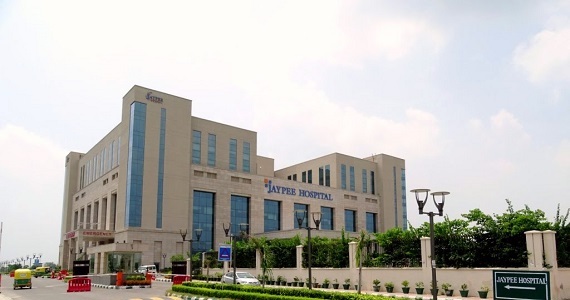Appendicitis Treatment in India
treatment
starting from
Introduction
Appendicitis is a medical condition that many people have heard of, but few truly understand. It is one of the most common abdominal emergencies, and if left untreated, it can lead to severe complications, including life-threatening infections. In this blog, we will delve into the essential aspects of appendicitis, including its causes, symptoms, and treatment options, to raise awareness and promote timely medical intervention.
1. What is Appendicitis?
Appendicitis refers to the inflammation of the appendix, a small, finger-shaped pouch located on the right side of the abdomen. Despite its small size and seemingly insignificant role in the human body, the appendix can cause significant health issues if it becomes inflamed or infected. The condition typically occurs when the appendix gets blocked, often by fecal matter, leading to bacterial overgrowth and inflammation.
2. Causes of Appendicitis:
While the exact cause of appendicitis remains elusive, some factors may contribute to its development:
- Blockage: The most common cause of appendicitis is the obstruction of the appendix, usually by fecal matter, foreign objects, or even tumors.
- Infection: In some cases, viral or bacterial infections can lead to appendicitis.
- Inflammatory Bowel Diseases (IBD): People with conditions like Crohn's disease or ulcerative colitis may have an increased risk of developing appendicitis.
3. Symptoms of Appendicitis:
Recognizing the symptoms of appendicitis is crucial for seeking prompt medical attention. The signs may vary from person to person but often include:
- Abdominal pain: The most prominent symptom of appendicitis is pain that typically starts around the belly button and then migrates to the lower right side of the abdomen. The pain may worsen with movement, coughing, or sneezing.
- Loss of appetite: Appendicitis can lead to a reduced desire to eat.
- Nausea and vomiting: Many individuals with appendicitis experience bouts of nausea and vomiting.
- Fever and chills: Infections caused by appendicitis may result in fever and chills.
- Changes in bowel movements: Some people may experience diarrhea or constipation.
- Tenderness: The area around the appendix may become tender to the touch.
It is crucial not to ignore these symptoms, as a ruptured appendix can lead to severe complications like peritonitis, abscess formation, or sepsis.
4. Diagnosis and Treatment:
If appendicitis is suspected, seeking immediate medical attention is vital. A doctor will likely perform a physical examination, reviewing the patient's medical history and assessing the symptoms. In some cases, additional tests may be necessary to confirm the diagnosis, such as:
- Blood tests: These can help identify signs of infection and inflammation.
- Urinalysis: To rule out urinary tract infections.
- Imaging tests: Ultrasound or CT scans can provide detailed images of the appendix to aid in diagnosis.
Treatment options for appendicitis generally involve surgical removal of the inflamed appendix, a procedure known as an appendectomy. This can be done using traditional open surgery or, in some cases, laparoscopic techniques. The latter involves making smaller incisions and using a tiny camera to guide the surgeon. Laparoscopic appendectomy often results in quicker recovery and reduced scarring.
5. Recovery and Aftercare:
After surgery, patients will typically need a brief hospital stay to monitor their recovery. Following a successful appendectomy, most individuals can resume their normal activities within a few weeks. It is essential to follow the doctor's instructions for post-operative care, including managing pain, keeping the incision site clean, and watching for signs of infection.
Conclusion
Appendicitis is a common yet potentially serious medical condition that requires immediate attention and proper treatment. Knowing the symptoms and risk factors can aid in early detection, reducing the risk of complications. If you or someone you know experiences symptoms of appendicitis, do not hesitate to seek medical help promptly. Early intervention can make all the difference in ensuring a swift and successful recovery.
How It Works
Need help in organizing medical travel to India?




